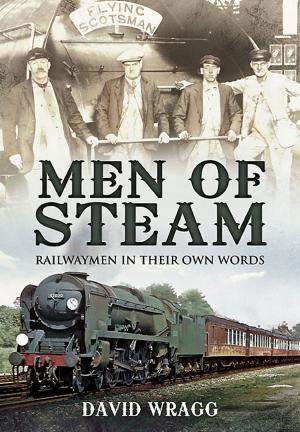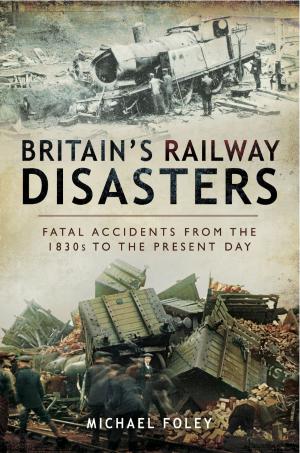| Author: | Keith Langston | ISBN: | 9781783408016 |
| Publisher: | Wharncliffe | Publication: | November 19, 2012 |
| Imprint: | Wharncliffe | Language: | English |
| Author: | Keith Langston |
| ISBN: | 9781783408016 |
| Publisher: | Wharncliffe |
| Publication: | November 19, 2012 |
| Imprint: | Wharncliffe |
| Language: | English |
After WWII the existing railway companies were all put into the control of the newly formed British Transport Commission and that government organization spawned British Railways, which came into being on 1st January 1948. The railway infrastructure had suffered badly during the war years and most of the steam locomotives were 'tired' and badly maintained and or life expired. Although the management of British Railways was already planning to replace steam power with diesel and electric engines/units they still took a decision to build more steam locomotives (as a stop gap).
Some 999 (yes just 1 short) Standard locomotives were built in 12 classes ranging from super powerful express and freight engine to suburban tank locomotives. The locomotives were mainly in good order when the order came in 1968 to end steam, some only 8 years old.
There still exists a fleet of 46 preserved Standards of which 75% are in working order in and around the UKs preserved railways, furthermore 3 new build standard locomotives are proposed. Steam fans who were around in the 1960s all remember the 'Standards'.
After WWII the existing railway companies were all put into the control of the newly formed British Transport Commission and that government organization spawned British Railways, which came into being on 1st January 1948. The railway infrastructure had suffered badly during the war years and most of the steam locomotives were 'tired' and badly maintained and or life expired. Although the management of British Railways was already planning to replace steam power with diesel and electric engines/units they still took a decision to build more steam locomotives (as a stop gap).
Some 999 (yes just 1 short) Standard locomotives were built in 12 classes ranging from super powerful express and freight engine to suburban tank locomotives. The locomotives were mainly in good order when the order came in 1968 to end steam, some only 8 years old.
There still exists a fleet of 46 preserved Standards of which 75% are in working order in and around the UKs preserved railways, furthermore 3 new build standard locomotives are proposed. Steam fans who were around in the 1960s all remember the 'Standards'.















